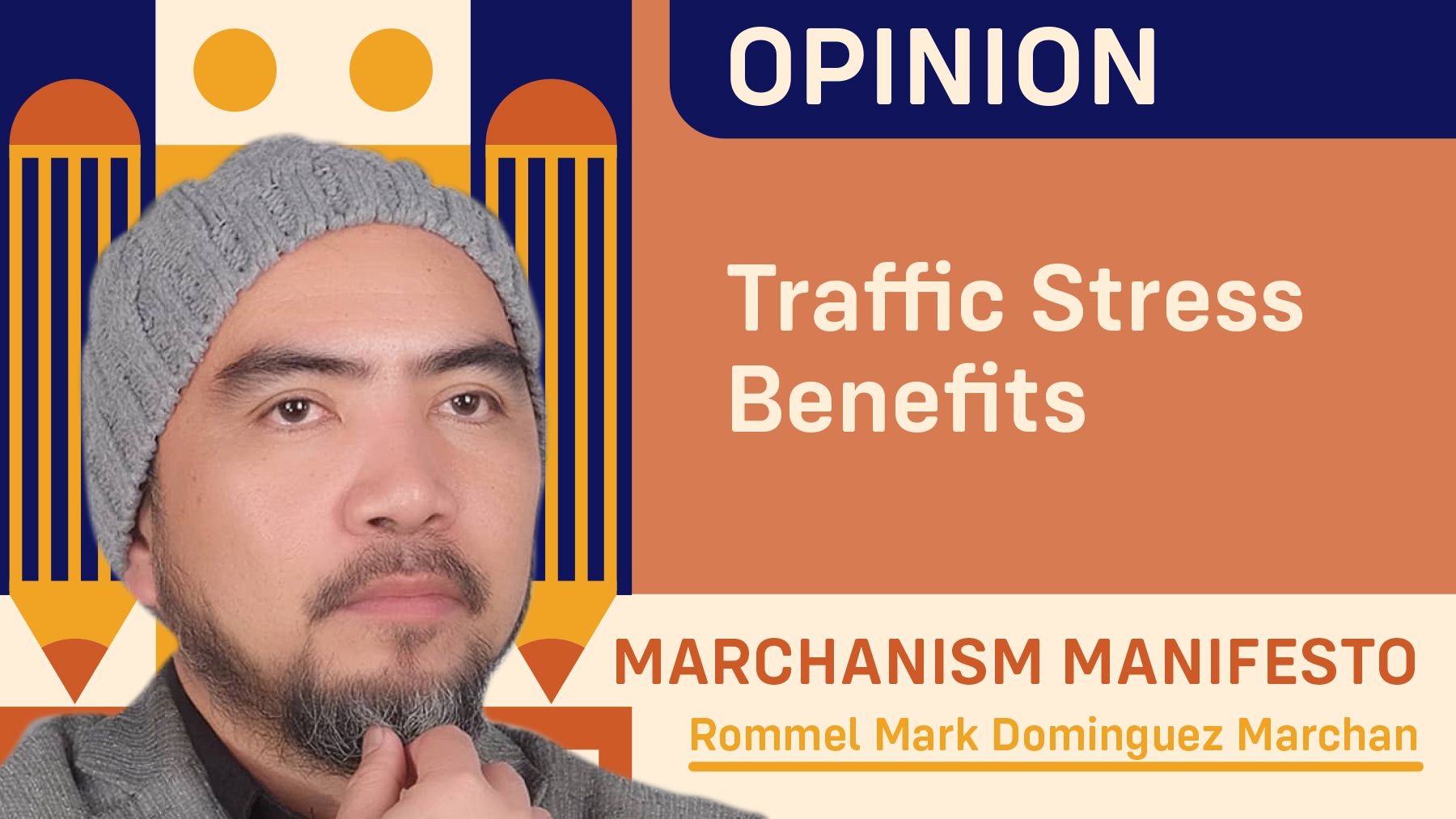Stress in traffic is an issue that many city commuters face on a daily basis as they navigate through congested roadways. While at first glance, the burdens of traffic congestion may appear purely negative, a closer inspection reveals a number of potential benefits that can arise from these challenging experiences.
First, one might argue that traffic stress can lead to improved time management skills. The unpredictable nature of traffic can compel individuals to reevaluate how they allocate their time. Commuters often find themselves departing from home earlier than they might otherwise do to avoid being late for work or appointments.
Another perspective is that traffic stress can create opportunities for self-reflection and personal growth. Spending long hours in a stationary vehicle provides individuals with a unique chance to think through unresolved issues, set goals, or even meditate. This time alone can foster creativity, as the mind has the space to wander and explore new ideas.
Moreover, traffic stress sometimes serves as a reminder to practice patience and resilience. Dealing with frustrating delays and stop-and-go conditions can be a training ground for developing emotional intelligence and stress management skills. We may learn techniques to calm themselves, such as deep breathing or listening to soothing music or engaging audio content, transforming what could be a frustrating experience into an exercise in emotional growth.
However, it is crucial to acknowledge the negative effects of traffic stress and develop effective strategies for managing it. Here are several tips:
Plan Your Commute: Utilizing real-time traffic apps can assist in navigating around congested areas, allowing for a smoother travel experience. Knowing alternative routes can reduce anxiety related to expected delays.
Carpool or Use Public Transport: Sharing a ride with others can not only lessen the stress of traffic jams but also provide companionship, turning what could be an isolating experience into an opportunity for social interaction.
Practice Mindfulness: Engaging in mindfulness techniques or meditation exercises while sitting in traffic can help to reframe the situation. Focusing on the present moment can alleviate feelings of frustration.
Listen to Audiobooks or Podcasts: Using commute time to enjoy audiobooks, informative podcasts, or music can transform traffic into a productive period, making it more enjoyable and less stressful.
Stay Informed: Keeping up with traffic updates can prepare drivers for potential delays. Understanding when and where congestion occurs can help us make informed decisions about their travel times.
In summary, while traffic stress can indeed have detrimental effects on mental and physical well-being, recognizing any potential benefits and implementing proactive strategies can help individuals navigate their daily commutes with greater ease and efficiency.
#WeTakeAStand #OpinYon #OpinYonColumn #MarchanismManifesto
